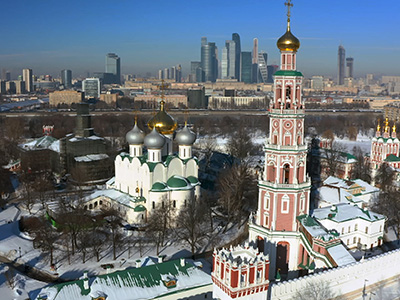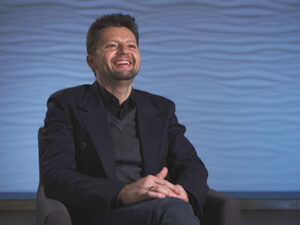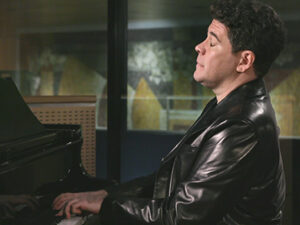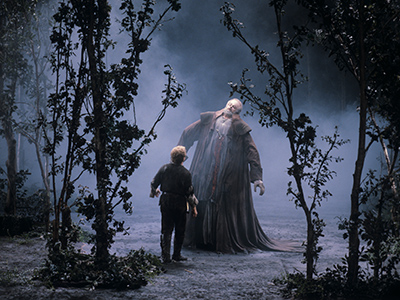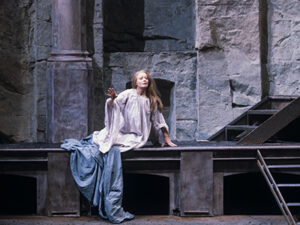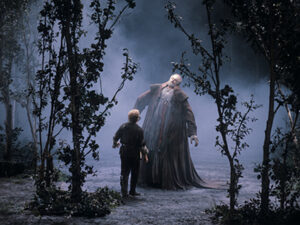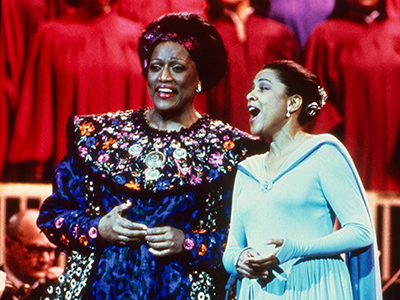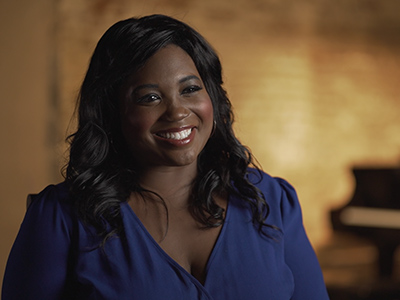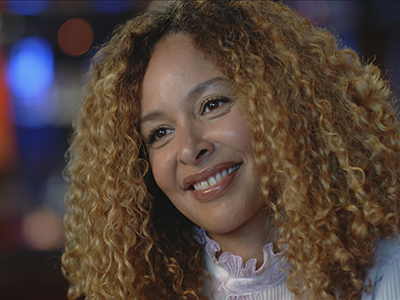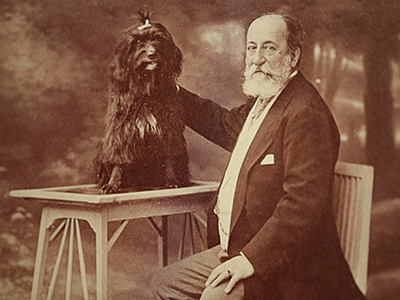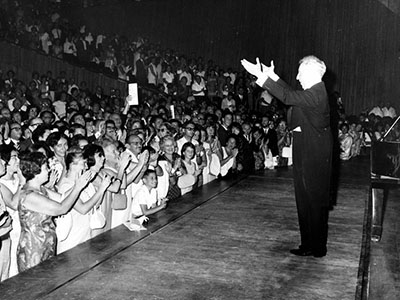
Magic Moments of Music– Arthur Rubinstein: Farewell to Chopin
Magic Moments of Musik | Arthur Rubinstein: Farewell to Chopin
A film by Anne-Kathrin Peitz, ZDF/arte and C Major Entertainment, 43 min., 2021 In April of 1975, a piece of music history is made in London’s Fairfield Hall: the legendary pianist Arthur Rubinstein, who is gradually going blind, wants to leave a legacy to the world. Chopin’s Second Piano Concerto has accompanied him throughout his life. At Fairfield Hall, Rubinstein brings it to life a final time in his warm-hearted, lyrical style.
In April of 1975, a piece of music history is made in London’s Fairfield Hall: the legendary pianist Arthur Rubinstein, who is gradually going blind, wants to leave a legacy to the world. Chopin’s Second Piano Concerto has accompanied him throughout his life. At Fairfield Hall, Rubinstein brings it to life a final time in his warm-hearted, lyrical style.
For this occasion, Arthur Rubinstein returns to London, where he made his debut 63 years earlier. Now 88 years old, he is a living legend, on a par with the great composers like Rachmaninoff and Stravinsky. It is the finale of a lifetime of achievement and a grandiose performance from a past master.
Rubenstein dominated the world stage for three quarters of a century and lived life to the fullest as a connoisseur, globetrotter and notorious womaniser. Although he claimed to practice as little as possible, he would go on to become one of the most important pianists of the 20th century and described himself as “the happiest man I ever met in my life”.
In Farewell to Chopin Daniel Barenboim confesses that at the age of just 14, he smoked his first cigar and drank his first vodka together with Rubinstein. His constant companion Annabelle Weidenfeld recalls his incredible charm, and youngest daughter Alina Rubinstein remembers the charismatic but often absent father whom she “wouldn’t trade for anyone in the world”. Rarely seen archive recordings provide fascinating insights into the family life of the Rubinsteins, while the master at the keys also has his own say.
No audience is present for this legendary concert recording – the performance is exclusively for the cameras. Together with the London Symphony Orchestra under conductor André Previn, Rubinstein is every bit the lustrous piano icon: upright and elegant in his tailcoat, he is enthroned at his instrument. The maestro’s playing is generous, luminous, supple, rhapsodic. Seemingly effortlessly, he evokes his singing and breathing “Rubinstein tone” that is venerated to this day. At almost 90 years of age, this exceptional musician and interpreter of Chopin is as captivating as ever: he is buoyant, a little mischievous. His audience always loved him for these qualities – and he loved them back.



